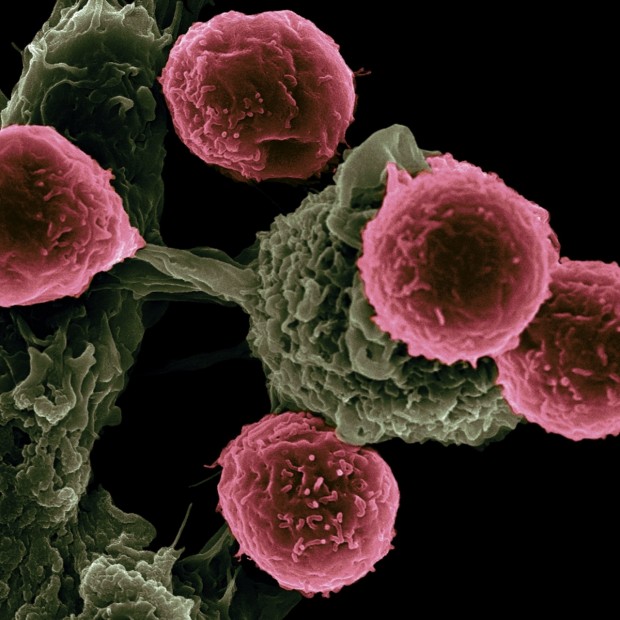Induction Therapy and Polyclonal Antibodies: Renal Function After Liver Transplantation
- (Photo : National Cancer Institute on Unsplash)
Chronic kidney dysfunction (CKD) is a common complication that can occur in patients after a liver transplantation. The extra strain that is put on kidneys after a transplant surgery or from certain genetic factors, such as diabetes can contribute to the onset of CKD. Unfortunately, CKD can lead to outcomes such as graft loss and in severe cases, death.
To improve transplantation patient outcomes and reduce the burden on the transplant system, researchers and healthcare providers alike strive to find ways to mitigate the effects of CKD after liver transplants. Additional research needs to be conducted on how different therapies may impact the development or progression of CKD.
One potential way to do this is through induction therapy with polyclonal antibodies. Polyclonal antibodies are a type of protein that can bind to and neutralize multiple targets. They are produced by the body in response to an infection or other foreign substance and can provide a range of benefits, including improved renal function. Common applications of polyclonal antibodies include the treatment of autoimmune disorders, cancer, and infectious diseases. Polyclonal antibodies have been used for treating a wide range of transplant patients, including those undergoing liver transplants.
A recent May 2022 study published in the journal of Transplantation sought to answer whether induction therapy with polyclonal antibodies could help to improve renal function in patients after liver transplantation. Induction therapy is a type of immunosuppressive treatment typically given to patients before transplant surgery to prevent organ rejection. This is commonly done with drugs, such as tacrolimus and mycophenolate mofetil, but using polyclonal antibodies is an emerging area of research.
The study found that induction therapy does have the power to provide more observed benefits to patients who have renal impairment at the time of transplantation. In the study, patients who received induction therapy with polyclonal antibodies had a significantly lower rate of renal impairment one year after transplantation when compared to those who did not receive induction therapy. This is a significant finding, as it suggests that polyclonal antibodies could potentially help to improve transplantation outcomes and reduce the medical burden on the transplant system as a whole.
While more research is needed in this area, the findings of this study provide a promising ray of hope for patients with renal impairment after liver transplantation. Induction therapy has increasingly been viewed as a potential tool to help improve outcomes and reduce the burden on the transplant system, and the use of polyclonal antibodies is an emerging area of research that warrants further exploration. These findings could potentially change the landscape of transplant care, and we are hopeful that future studies will build on this promising foundation.
Sources:

















